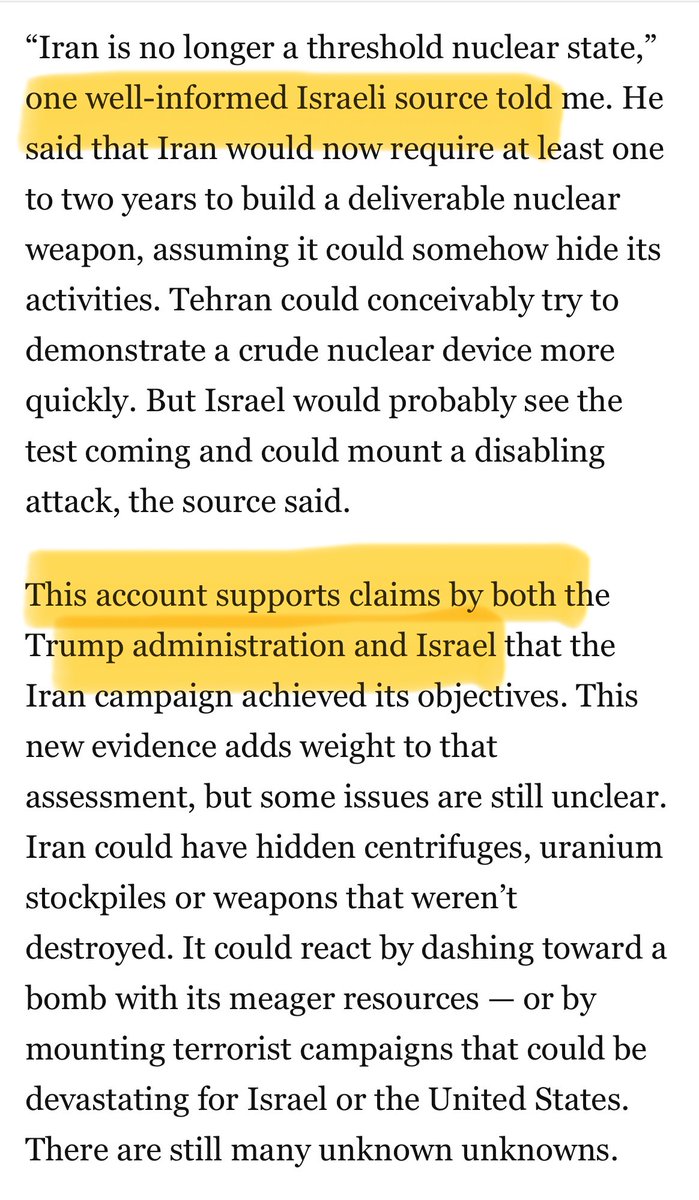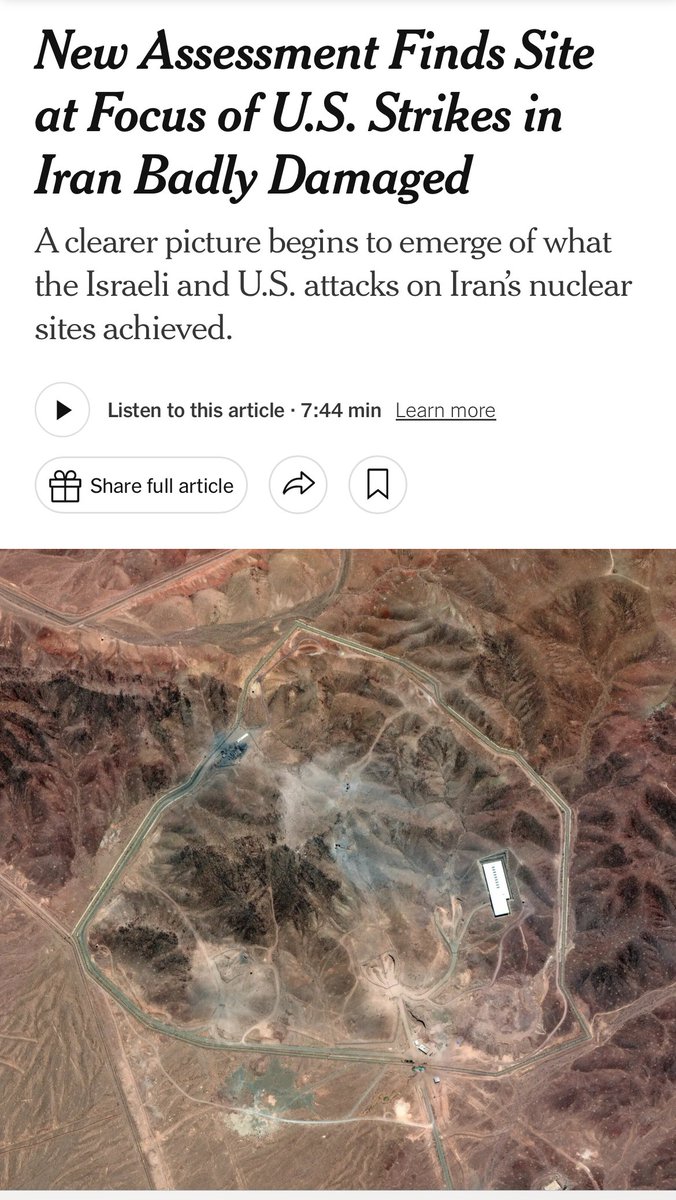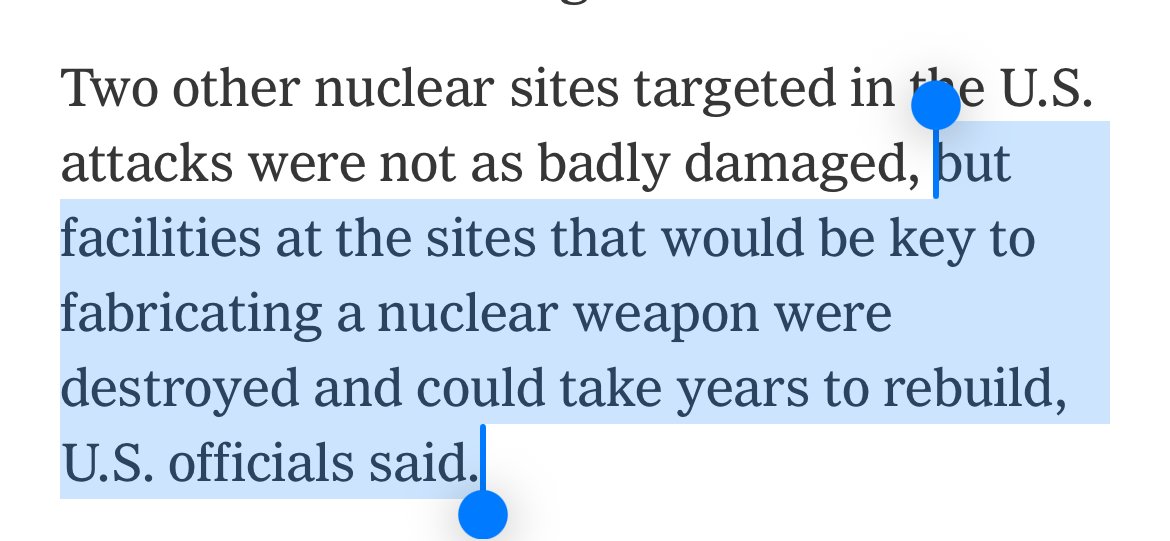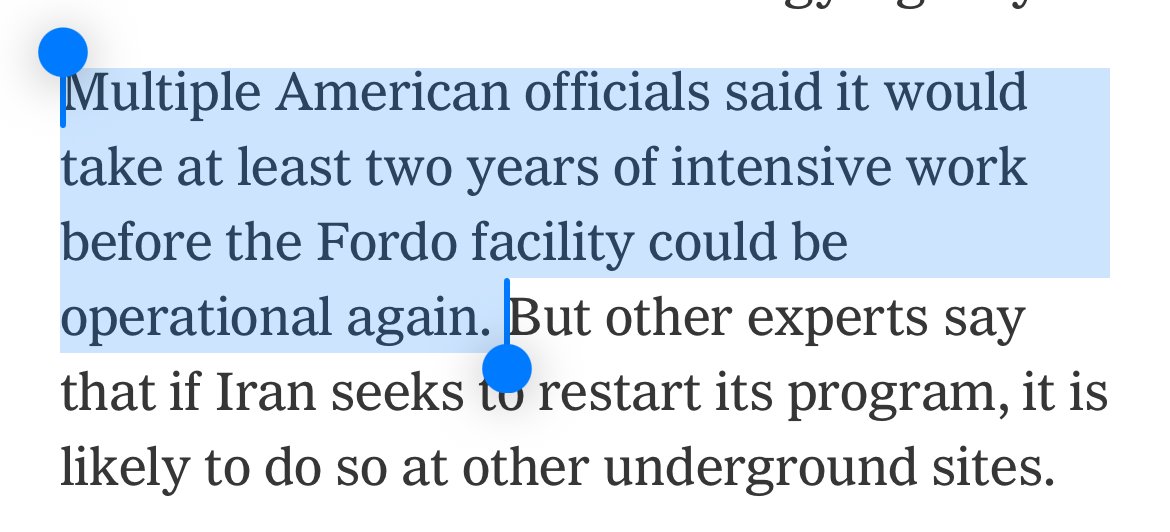<THREAD>Russian Deputy Foreign Minister Ryabkov responded to @USArmsControl in an interview with @ElenaChernenko. Beyond the predictable lack of interest in U.S. proposals, two points caught my eye.
**ONE IS ACTUALLY GOOD NEWS!!**
(1/n)
mid.ru/en/foreign_pol…
**ONE IS ACTUALLY GOOD NEWS!!**
(1/n)
mid.ru/en/foreign_pol…
First, the good news. If Biden wins, Ryabkov did not rule out agreeing to a New START extension in the time between Biden's inauguration (Jan 20) and the treaty's expiry (Feb 5).
Previously, Russian officials and experts had said that time would be too short. (2/n)
Previously, Russian officials and experts had said that time would be too short. (2/n)
Second, in his interview, @USArmsControl explicitly threatened that, if New START is not extended, the U.S. will "unconvert" converted delivery systems so they can be used to deliver nuclear warheads. (3/n)
https://twitter.com/james_acton32/status/1308043993582899206?s=20
In my onion, it was a bad idea to make this threat explicit at the same time as the U.S. is trying to convince Russia that U.S. conversion procedures are effective. And sure enough... (4/4) 

• • •
Missing some Tweet in this thread? You can try to
force a refresh
















